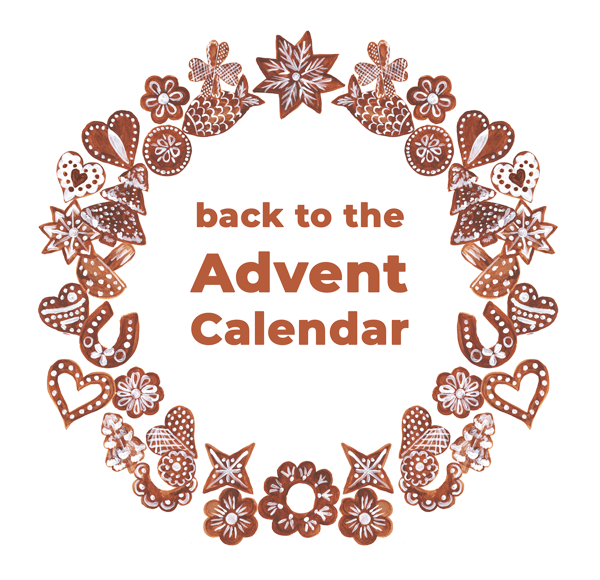TUDOR ADVENT | Advent
While the modern-day Advent calendar begins on December 1st, the Christian Advent period officially begins on the Sunday nearest to the feast of St Andrew the Apostle (30th November). Derived from the Latin adventus for ‘coming’, Advent is a 3-4 weeklong prelude to Christmas, when Christians celebrate the anniversary of the birth of Jesus Christ.
During the Tudor and Elizabethan periods, Advent was a time for fasting and abstinence from rich foods. The last day of fasting – Christmas Eve – was particularly severe, with the consumption of meat, cheese and egg strictly forbidden. When the fasting ended after midnight mass on Christmas Eve, it was time for the grandest festival in the Tudor religious festival to begin…
TUDOR ADVENT | Advent
While the modern-day Advent calendar begins on December 1st, the Christian Advent period officially begins on the Sunday nearest to the feast of St Andrew the Apostle (30th November). Derived from the Latin adventus for ‘coming’, Advent is a 3-4 weeklong prelude to Christmas, when Christians celebrate the anniversary of the birth of Jesus Christ.
During the Tudor and Elizabethan periods, Advent was a time for fasting and abstinence from rich foods. The last day of fasting – Christmas Eve – was particularly severe, with the consumption of meat, cheese and egg strictly forbidden. When the fasting ended after midnight mass on Christmas Eve, it was time for the grandest festival in the Tudor religious festival to begin…


